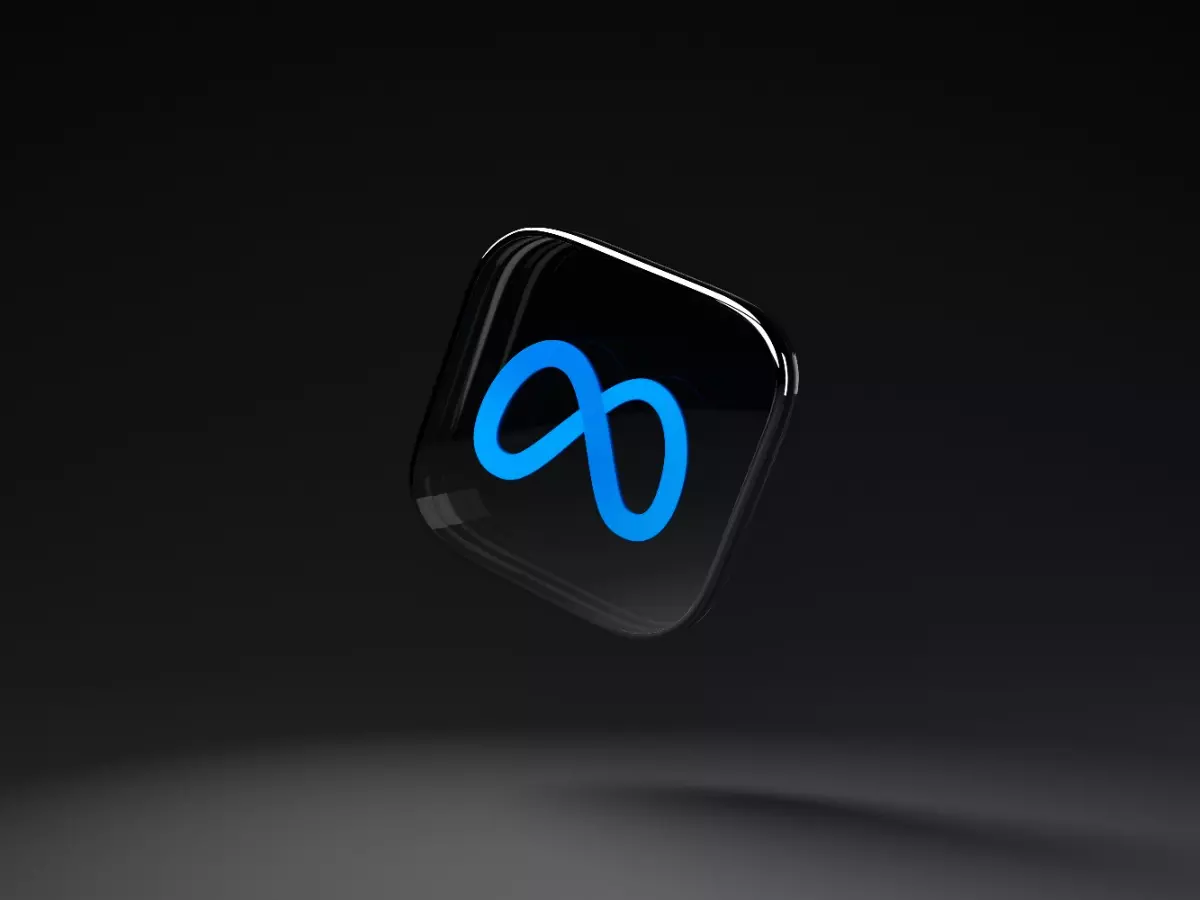Mark Zuckerberg's Meta Is Building A Decentralised Social App: All You Need To Know
In a statement, Facebook and WhatsApp's parent company confirmed it was working on a decentralised text-based application

Meta is apparently working on a decentralised social app. In a statement, Facebook and WhatsApp's parent company confirmed it was working on a decentralised text-based application.
While Meta has confirmed this development, no other details like a tentative release date have been made public yet.
"We¡¯re exploring a standalone decentralized social network for sharing text updates. We believe there¡¯s an opportunity for a separate space where creators and public figures can share timely updates about their interests," TechCrunch quoted a Meta spokesperson.
 Unsplash
Unsplash
All you need to know about "P92"
For now, the decentralised social app is codenamed P92 and is still under development. According to documents seen by MoneyControl, Meta's new app will let users log in through their Instagram credentials.
A Platformer report claims that the entire project is being headed by Instagram chief Adam Mosseri. In addition, it appears that Meta's legal department is already working to address privacy concerns before the app goes public.
Also read: Zuckerberg's Meta Joins AI Chatbot Race With Large Language Model Called 'LLaMA'
 Unsplash
Unsplash
The current choice of decentralised network for most users is Mastodon, an app that gained popularity after endorsement from Elon Musk before, of course, he took over Twitter.
Meta's upcoming decentralised social app will be a part of the Fediverse, a network of decentralised servers that form the basis of ActivityPub protocol, giving it the ability to connect with other instances like Mastodon.
 Unsplash
Unsplash
Also read: Meta's Ex-Employee Says Facebook Drains Users' Smartphone Battery Intentionally
Other major social platforms like Tumblr, Flipboard, and Flickr also support, or are in the process of implementing ActivityPub support. Recently, Twitter founder Jack Dorsey's app Bluesky also became available to beta users on iOS, and is not built on this protocol.
What do you think about Meta's latest endeavour? Share your thoughts with us in the comments below. For more in the world of technology and science, keep reading Indiatimes.com.
